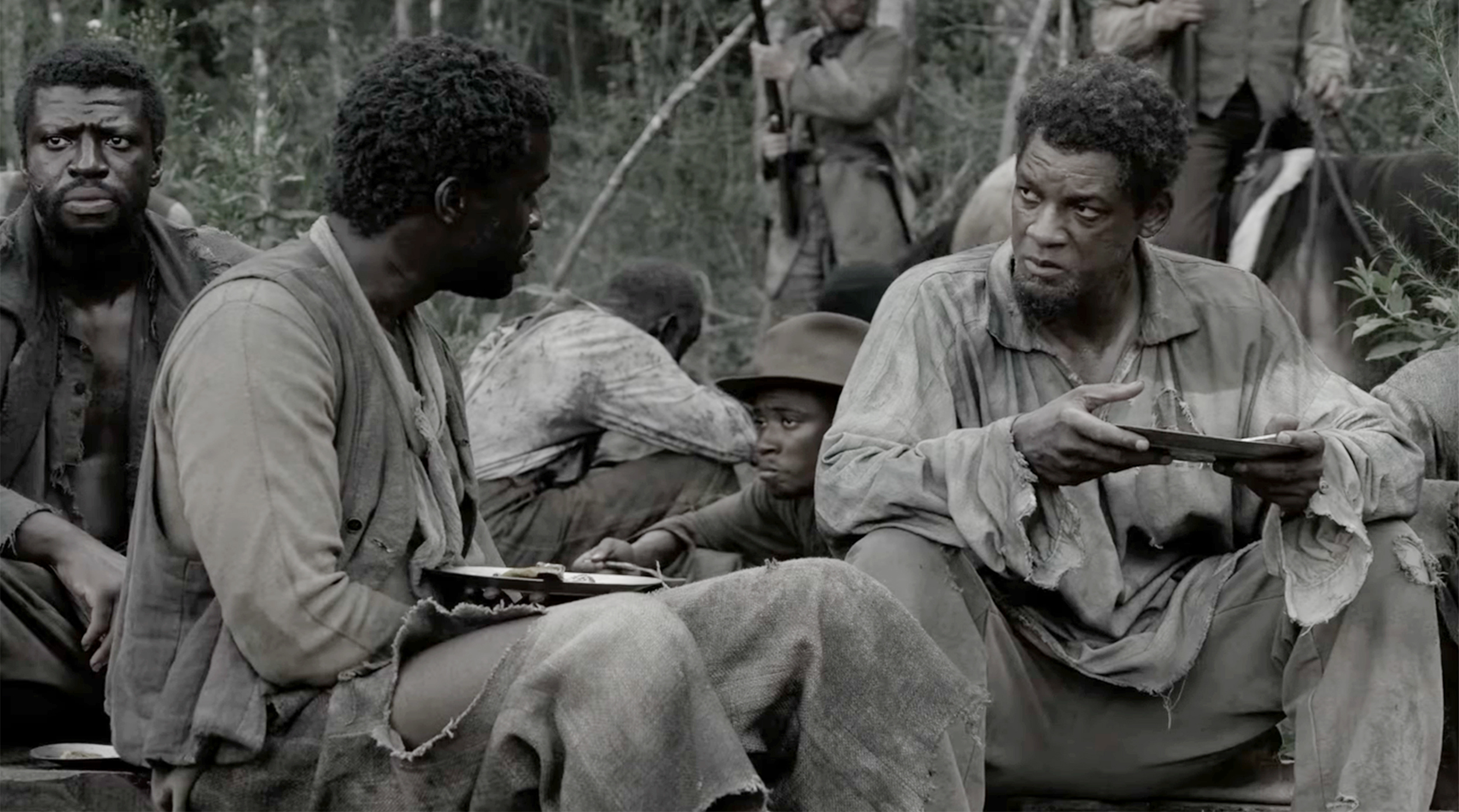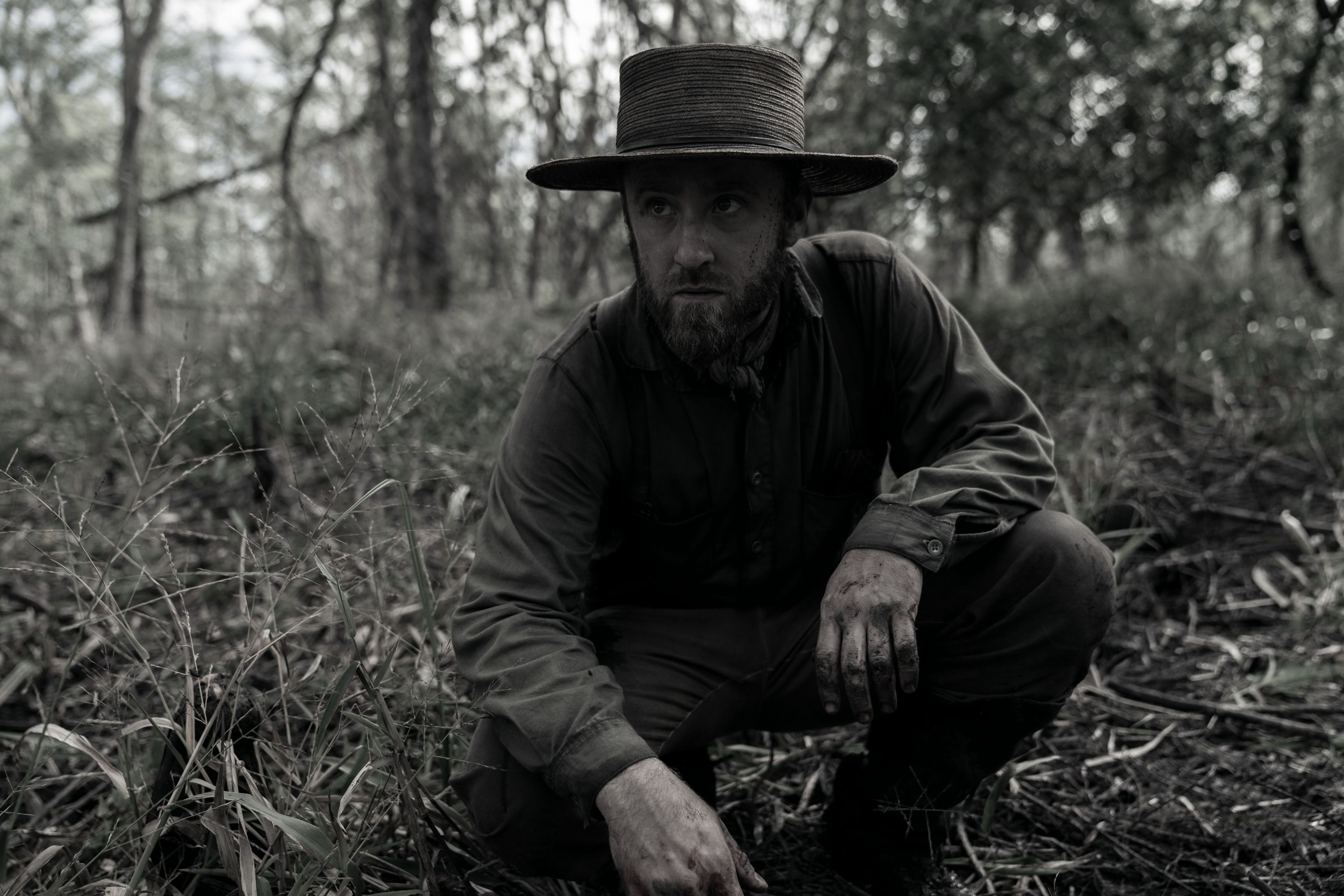When strategizing his career toward finally winning an Oscar, and without knowing how King Richard would work out for him, Will Smith probably would have pinned his hopes on Emancipation. In addition to being about the weighty topic of slavery, it also shares a lot of DNA with The Revenant, the film that finally got long-time Oscar seeker Leonardo DiCpario his Academy Award. It’s sort of The Revenant meets 12 Years a Slave meets Glory, but at the time Emancipation was released on AppleTV+ last Friday, all anyone remembered was Smith’s open palm meeting Chris Rock’s face. Instead of the possible one-time narrative that this could be Will Smith’s first Oscar – especially since he actually did get one for King Richard – the novelty of Emancipation now focuses on gawking at Smith after “the slap,” especially since it’s the last Smith movie we might see for a while.
And if that’s true – his three future credits on IMDB are all listed in that vague state of purgatory known as “pre-production” – then at least Smith has left us something to savour. Emancipation does find him at the peak of his powers as an actor, even if the film is a bit more self-serious than might be best at this precarious stage of his career. Would another Men in Black sequel be a better way to take the sting out of what happened in March, rather than one that accentuates the confused persecution narrative that seems to have overwhelmed Smith into action? Setting aside that there may have been legitimate and life-long compromises and indignities that left Smith so raw, we might have liked to see him crack a joke rather than wrestle with an alligator, in one of the film’s most Revenant-like moments. That’s maybe too much metaphor when a laugh might have served Smith, might have served us all, better.
It’s 1863 in the deep south, and though President Abraham Lincoln has officially granted slaves their freedom, the southern slave owners aren’t interested in complying. In fact, they’re fighting the American Civil War about that very issue. So enslaved Africans who attempt to escape to freedom are being met with draconian punishments, such as having their heads speared atop spikes, Game of Thrones style, as a lesson to anyone else who’s contemplating their own emancipation.
As a more proactive and less final means of handling what they considered to be their property, slave owners put divisions in the support structures of their slaves, separating either actual or functional families by geography in order to weaken their ability to organise. One such slave is Peter (Smith), removed from his wife Dodienne (Charmaine Bingwa) and children to serve under the vicious eye and ready shotgun of Jim Fassell (Ben Foster). Word does start to spread that their captivity is no longer legal, so Peter and three others seize an opportunity to escape in the middle of their workday. Peter hopes to end up in the hands of Lincoln’s nearby army, and ultimately, back to free his family. Fassell hopes to put Peter’s head on a spike.
There isn’t much nuance to Antoine Fuqua’s film, but you could argue that there needn’t be. Slavery was an issue devoid of nuance. However, screenwriter William N. Collage does display degrees of doubt among even his most reprehensible characters, not to mention a venal pragmatism in some of the escaped slaves. In the latter camp, one caught slave gives up the location of some others, in an apparent exchange for his freedom that proves an immediate miscalculation when he’s shot in the back. Then there’s a strange moment where Foster’s Fassell talks fireside about having been raised by a slave woman that he considered his friend until his father set him straight, reminding him that a crumb of food at the dinner table will lead to Blacks “stealing our jobs and our land.” It’s a none too subtle, though still useful, reminder that racism is a learned behaviour, reliant on talking points that are still present in today’s right-wing politics.
Technically, this is a pretty big step forward for Fuqua, who has always made a polished action movie (Training Day may be his best) but has rarely thrown his arms around a canvas as big as the Civil War. He’s added a further gesture toward prestige by shooting (primarily) in black and white, though the times Emancipation deviates from that condition aren’t thought out enough to register thematically. The plantation sequences are impressively shot, but it’s when Emancipation ends up on the battlefields that the extent of Fuqua’s achievement becomes clear. It helps that he’s working with one of the most respected directors of photography in the game, Robert Richardson, who has worked multiple times with Oliver Stone and Martin Scorsese, not to mention shooting nearly every Tarantino film since Kill Bill.
Then there’s Smith engaging in his own technical marvels. Physically, he looks really different here, wiry and scarred, with his hair showing in post-traumatic tufts that look like they might just float off his head and into the wind. He’s also got the Haitian accent down. But as he makes his way through swamps and the physical scrapes that leave him bloodied, those injuries are more than just the applications of makeup by makeup artists. He incorporates them into his every gesture and tic in this full-bodied performance.
Emancipation is the sort of clarion call that never goes out of fashion, and it’s made with a technical exceptionalism that will always be in style. If it doesn’t feel like an especially urgent document, that could be because there’s some fundamental lack of finesse that keeps it from feeling truly original. The fact that Peter was a real person, whose whipping scars were indeed captured in an early photograph that circulated the world, does provide a great argument for the film existing and for us grappling with it. Smith may be grappling with what he did earlier this year for quite some time, but performances like this give hope that genuine repentance will put him back in a position to deliver many more in the future.
Emancipation is currently streaming on AppleTV+.


